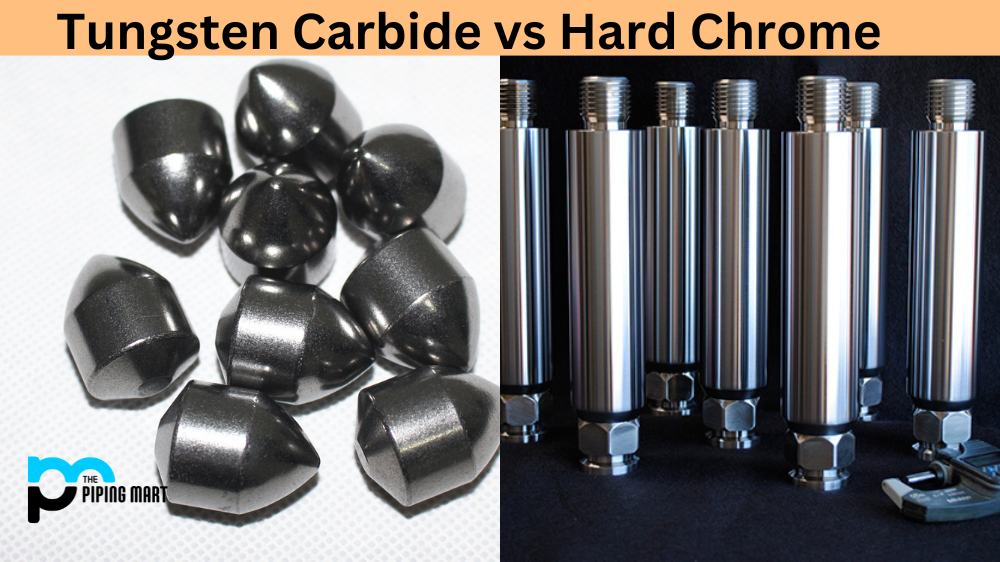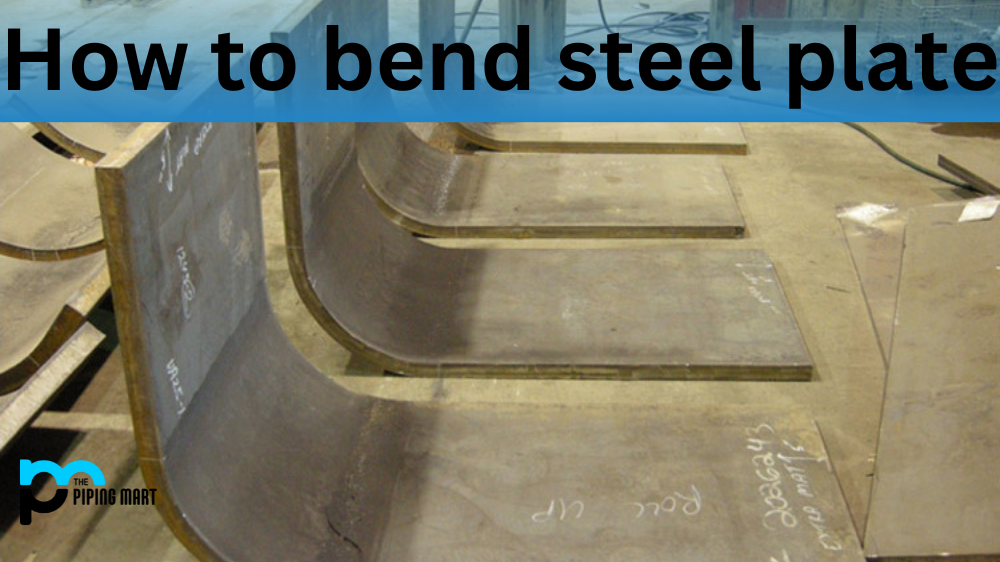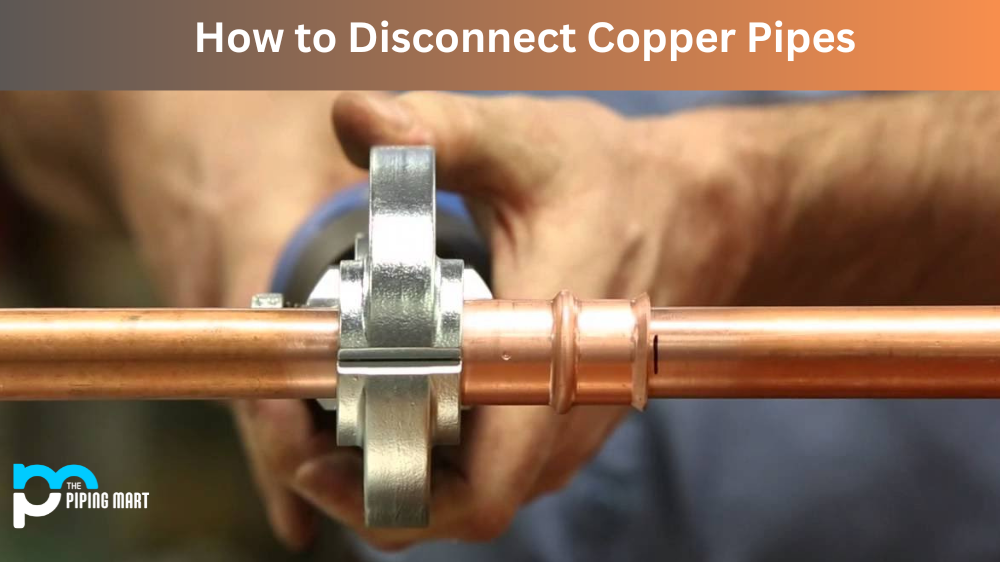If you’re looking for a durable coating to protect and extend the life of your metal parts, tungsten carbide coating (TCC) and hard chrome plating (HCP) should be at the top of your list. While both coatings offer great protection from corrosion and wear, there are some key differences that you should consider before making a decision. Let’s break down the pros and cons of each option so you can decide which is best for your needs.
Tungsten Carbide Coating (TCC)
Tungsten carbide coating is a tough, durable material that is often used in industrial applications because it can withstand high temperatures, extreme pressure, and abrasive wear. It also offers excellent resistance to chemical corrosion and oxidation. The primary benefit of TCC is its long-term durability; when applied correctly, it can last up to 10 times longer than other coatings. It also has a low coefficient of friction, which makes it ideal for use in applications where parts need to slide or roll against one another without causing excessive wear or damage.
However, TCC can be expensive due to its labour-intensive application process. Additionally, it’s not well-suited for use on soft metals like aluminium or brass since it will quickly wear away these materials over time.
Hard Chrome Plating (HCP)
Hard chrome plating is a thin layer of chromium that is applied directly onto metal surfaces using an electroplating process. This hard chrome layer provides excellent protection from abrasion and corrosion as well as increased hardness when compared to untreated metals. HCP also offers excellent lubricity; this means that parts coated with HCP will have less friction against each other when in motion.
Another advantage of HCP is its cost-effectiveness; it requires fewer steps during the application process than TCC does and therefore costs less overall. However, HCP does not provide as much long-term durability as TCC does; while it will last several years if properly cared for, its lifespan pales in comparison to that of TCC. Additionally, HCP cannot be applied to softer metals due to its abrasive nature; if used on softer metals like aluminium or brass, HCP will quickly wear away those materials over time.
Difference Between Tungsten Carbide and Hard Chrome
Durable
One of the primary advantages of tungsten carbide is that it is more durable than hard chrome. Tungsten carbide is often used in applications where there is a need for high wear resistance, such as in cutting tools and wear parts. Tungsten carbide can also withstand higher temperatures than hard chrome, making it ideal for use in high-temperature applications.
Corrosion Resistant
Another advantage of tungsten carbide is that it is more corrosion-resistant than hard chrome. This means that tungsten carbide-coated surfaces will not rust or corrode as easily as hard chrome surfaces. This makes tungsten carbide an ideal choice for applications where there is a need for high corrosion resistance, such as in marine environments.
Chemical Resistant
Tungsten carbide is also more chemically resistant than hard chrome. This means that tungsten carbide surfaces will not be damaged or degraded by chemicals as easily as hard chrome surfaces. This makes tungsten carbide an ideal choice for applications where there is a need for high chemical resistance, such as in chemical processing plants.
Abrasion Resistant
Tungsten carbide is also more abrasion resistant than hard chrome. This means that tungsten carbide surfaces will not be damaged or degraded by abrasives as easily as hard chrome surfaces. This makes tungsten carbide an ideal choice for applications where there is a need for high abrasion resistance, such as in mining operations.
Chrome Coating
One of the disadvantages of tungsten carbide is that the coating costs more than hard chrome coating. This means that tungsten carbide-coated surfaces will be more expensive to produce than hard chrome-coated surfaces.
Conclusion:
When choosing between tungsten carbide coating (TCC) and hard chrome plating (HPC), you need to consider the type of part you’re trying to protect as well as how long you want that part’s protection to last. Both coatings provide excellent protection from corrosion and wear but have their own unique advantages and disadvantages depending on your application needs. Ultimately, deciding which option is best for your situation comes down to understanding your specific requirements and weighing out which option will better meet those needs both now and in the future.

Pipingmart is a B2B portal that specializes in metal, industrial and piping items. Additionally, we share the latest information and information about materials, products and various types of grades to assist businesses that are involved in this business.




